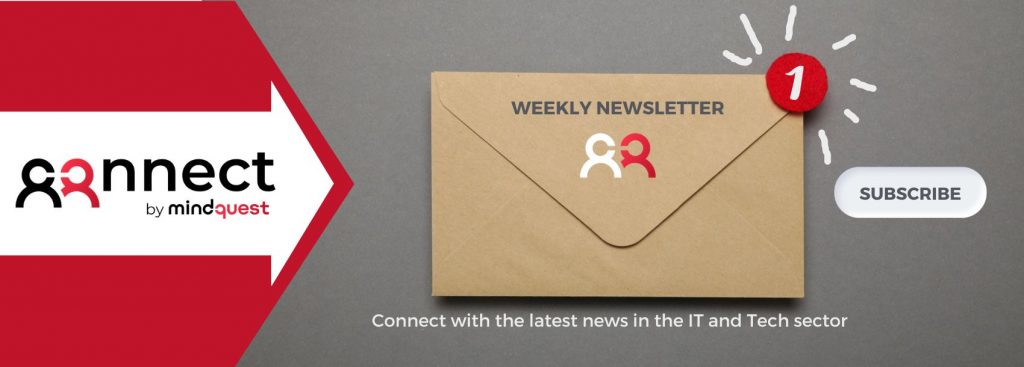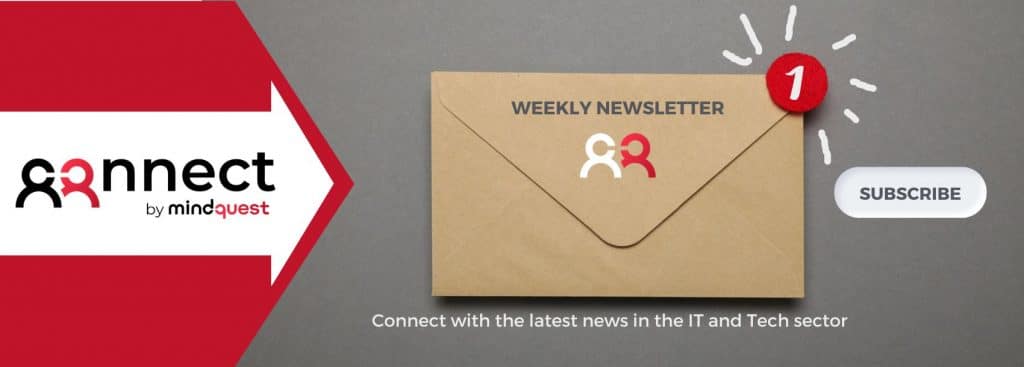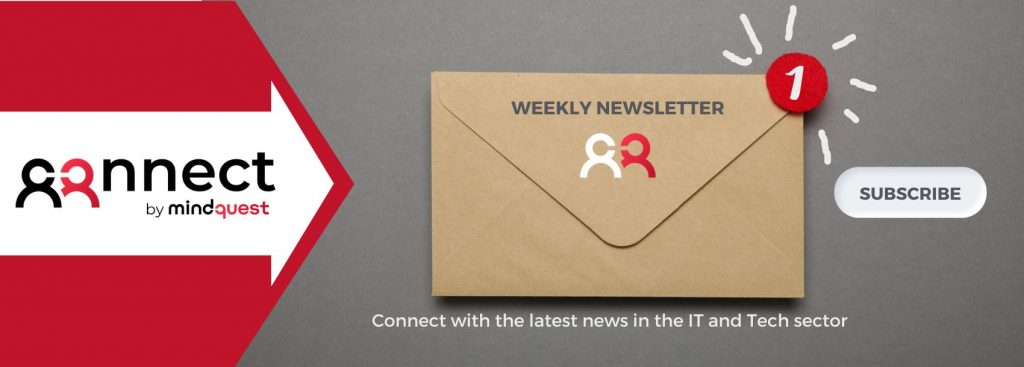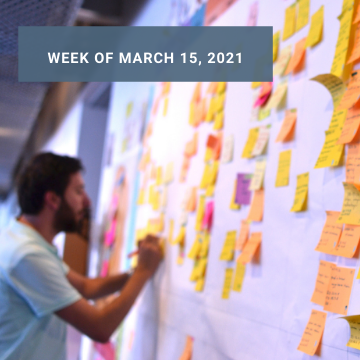Edna’s Garden: An 8-year-old girl with a passion for nature will turn the world upside down with her data experiments
Edna’s Garden, a story by Miquel Morales.
Jumping in just now? Check out all previous chapters.
Chapter 3 : Edna’s Garden
The American elms extended their branches across the fence that separated them from Central Park West. Edna thought it was as if they were trying to escape the park’s enclosure and reach the American Museum of Natural History across the street.
“Life seeks like,” she whispered almost inadvertently.
“Pardon me?” Peter was walking right behind Edna with her school bag. In normal circumstances, Edna would have carried it herself, but she was beyond tired of not doing anything at all. Funny how one can be exhausted from a total lack of activity.
“Nothing, sorry. Just thinking of how many things these caged trees and I have in common.” Her sigh coincided with Peter’s.
“Not to say that I agree with the measures taken, young lady, but it must be said that this time you took the antagonising of your stepmother to a whole new level.” Peter could not hide a smile.
Edna smiled briefly as well, but her mind quickly went back to mourning her long-lost freedom. Two weeks of monotony and boredom had gone by since the incident at Bianca’s art party. Edna’s promising live data model of the pond had sucked up all the power from the building in what had turned out to be a textbook example of “don’t bite more than you can chew.” The party’s guests left when it became clear that the power was not coming back any time soon, leaving Edna at the mercy of her infuriated stepmother. Her dad would have plenty to say about this, Bianca had assured her.
But, not surprisingly, Edna’s had not showed up until later that night. His business commitment had taken longer than expected. So, Bianca had had to impart discipline herself, coming up with an inventive solution to which the tired father had had no option but to agree. End result: no park for a month. No playing in the park, no walking through the park, not even speaking of the park. No park at all.

Even though Edna had only endured half of her sentence, the realisation that there was a whole other half still left to endure was almost too much to bear. She could almost hear Bianca’s squeaky voice: always so dramatic, Edna.
Peter and Edna got to Columbus Circle right when it started raining. Just one last stretch and they would be home. Again.
“Who’s that?”
“Ed, get off of me! I’m trying to talk to people.”
“You are just scrolling down your feed.”
Edna loved bothering her sister when she was bored. And she had had plenty of that in the two weeks she had so far been grounded for. Her sister was flipping through her social channels on her wristband, just gossiping around. Edna was proud for not being on those things. If you wanted to talk to someone, she thought, you could do it in person. Best to focus on the real, tangible world when not accompanied. People just don’t know how to be by themselves.
“Go play with your things.”
“I would if she hadn’t locked up my computer. in the safe. I hate her, and I hate being stuck at home.”
“She’s not that bad, you know. You can tell she’s trying, just cut her some slack.”
“I am not into cutting slack, or whatever that is, thanks.”
Her sister laughed.
“Plus I am missing out on so much data! Last week was peak migration season for the ducks at The Pond. I need that data to make my model work. How many birds, how many younglings, the food they eat, how that will affect the vegetation… It’s too complex to go around with a half-cocked data set.”
“You are a funny little nerd, aren’t you. No worries, siss. I have an idea.”
Edna’s eyes lit up with the energy of a thousand suns.
“Really?”
To be continued…
Read the next chapter: Edna’s Garden – Chapter 4
Need tips on how to find a job in IT? Check out our IT job hunting guide.
















